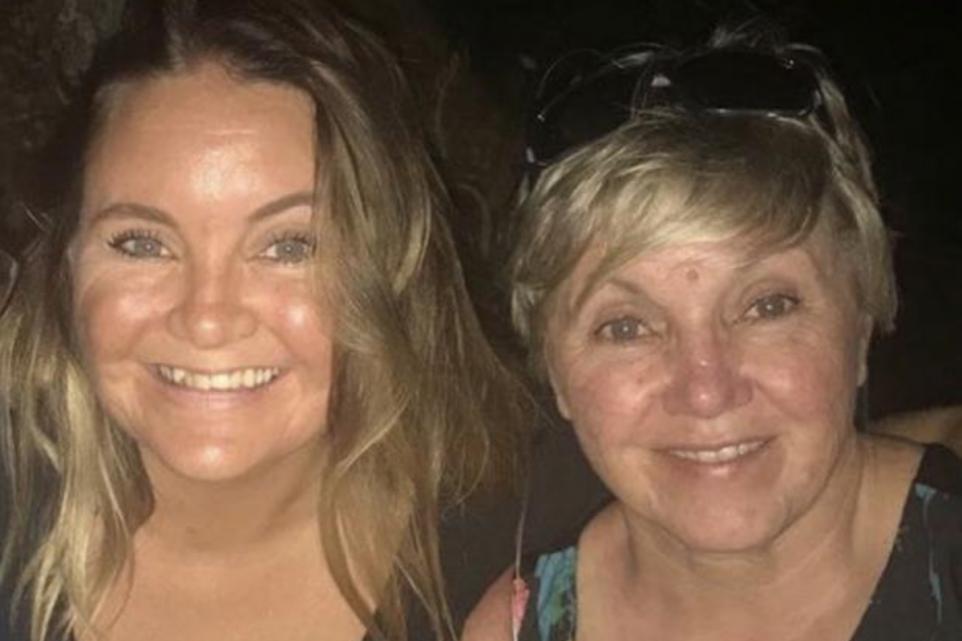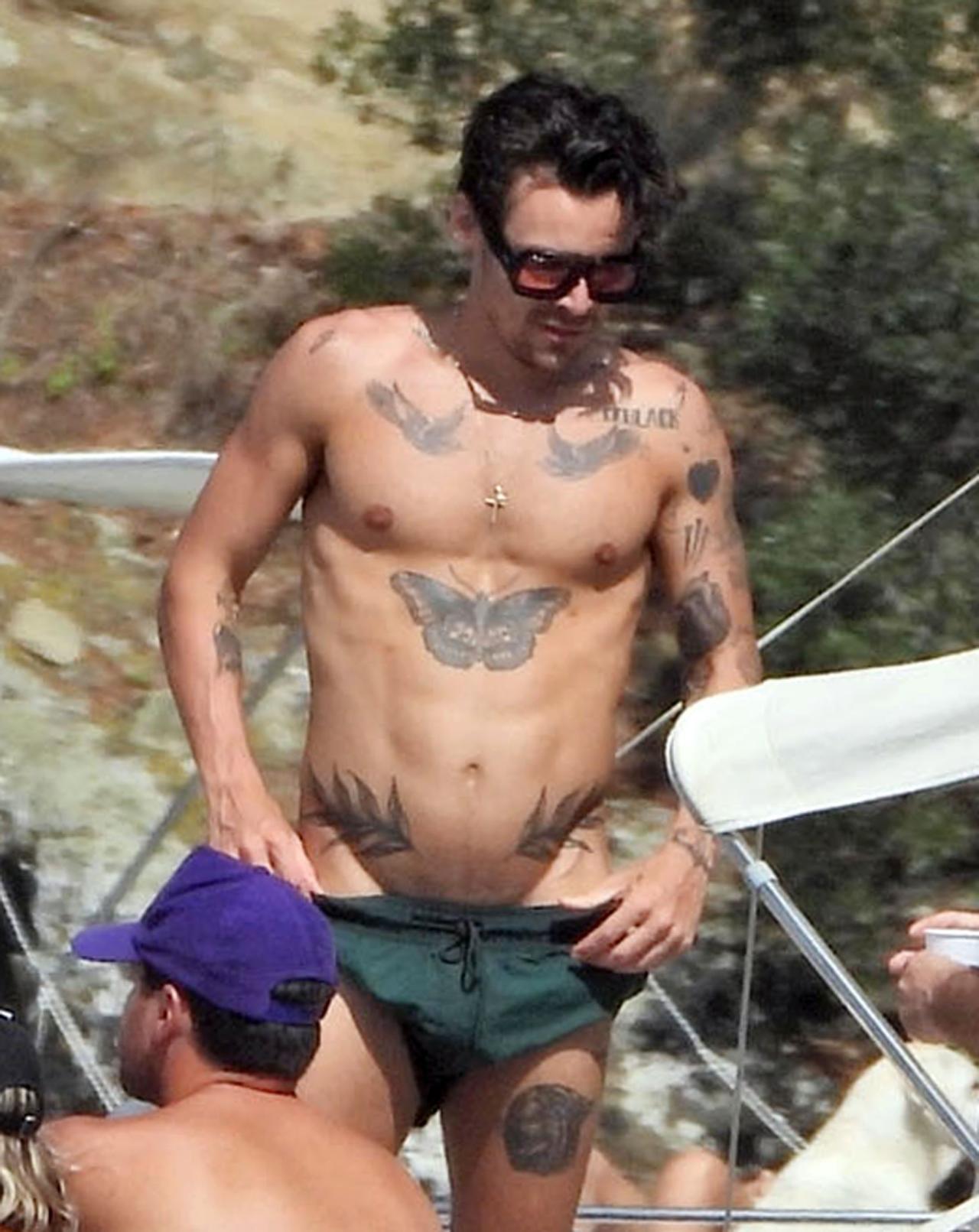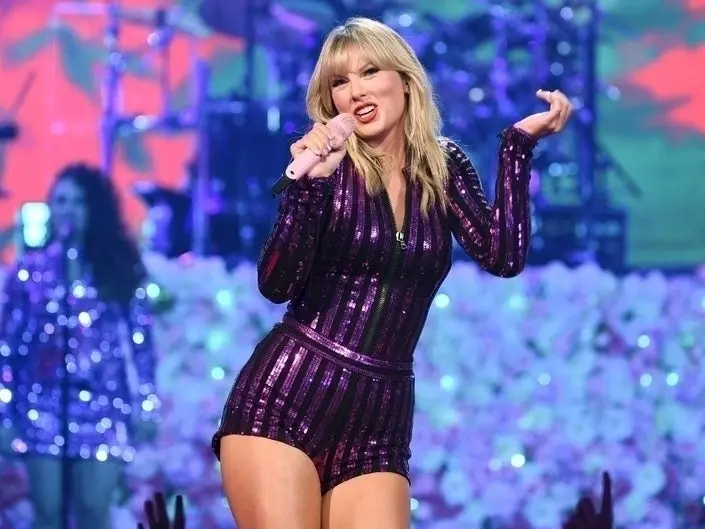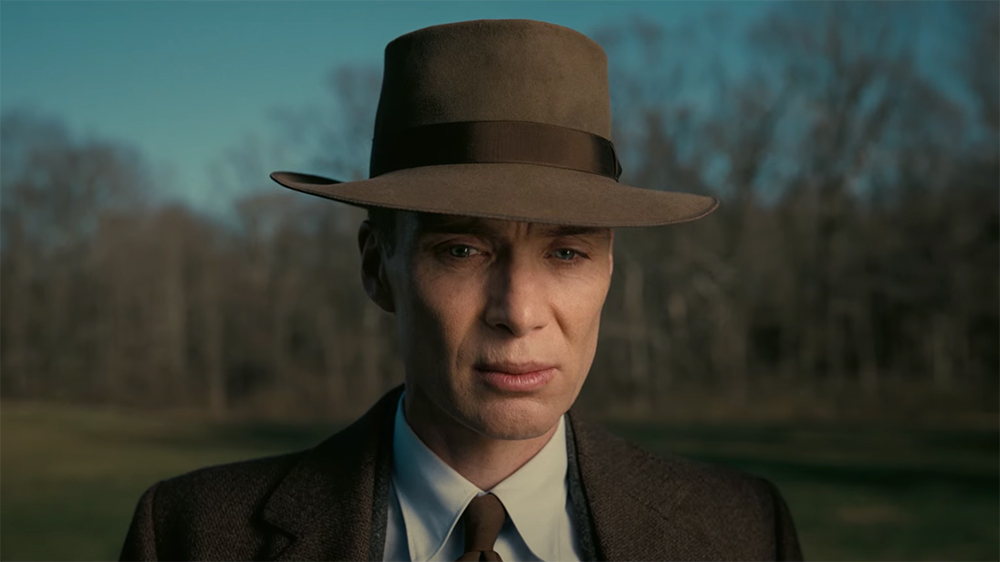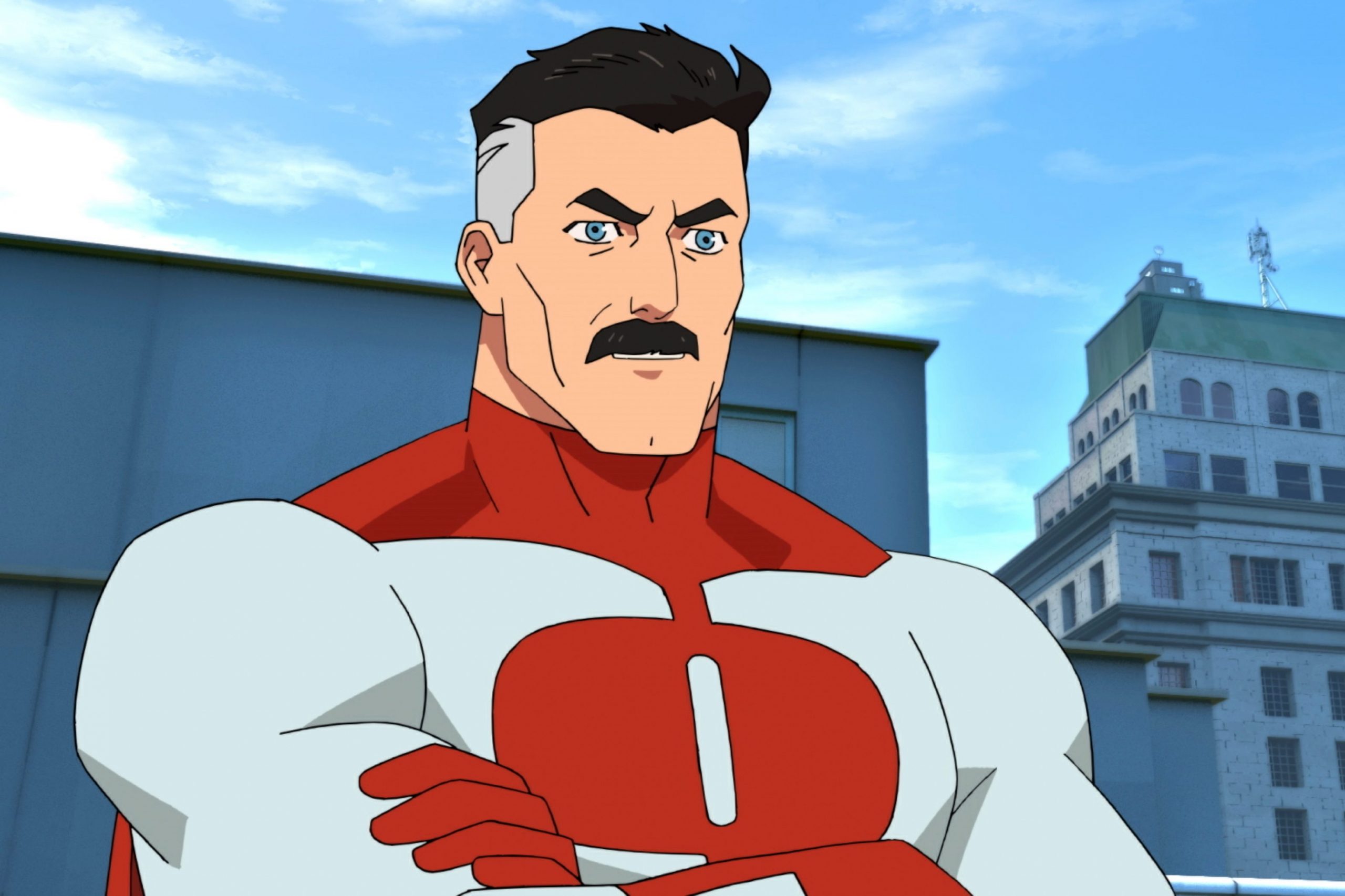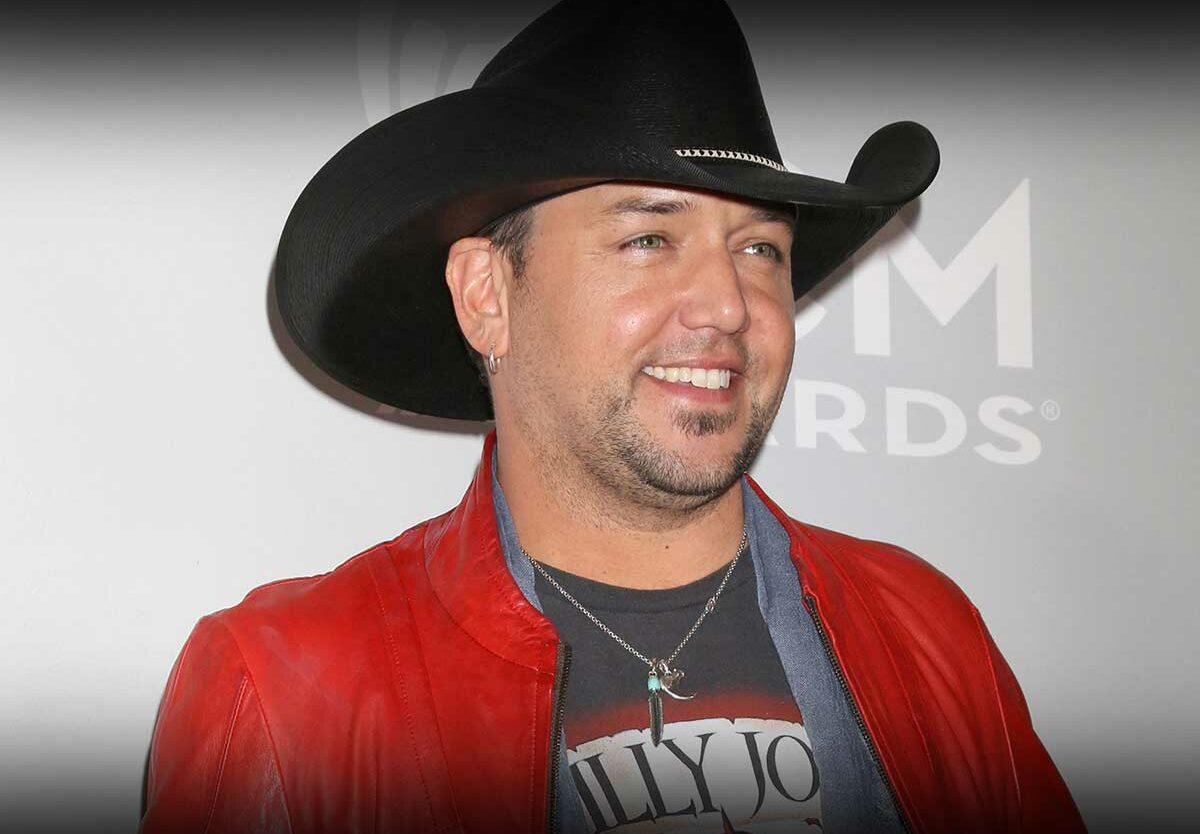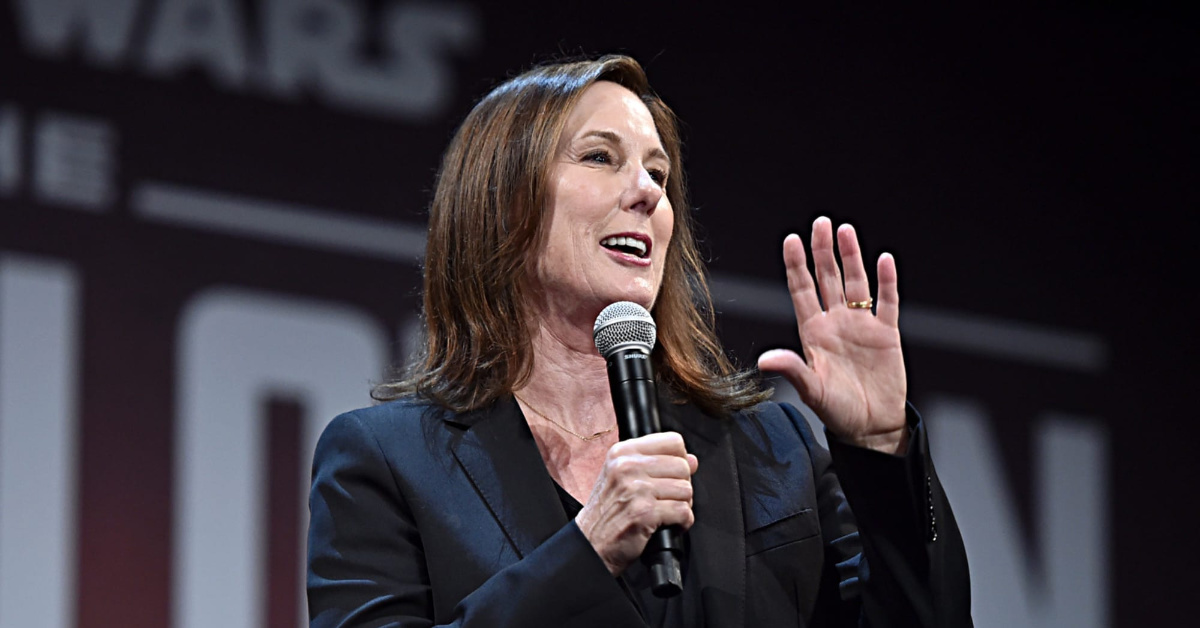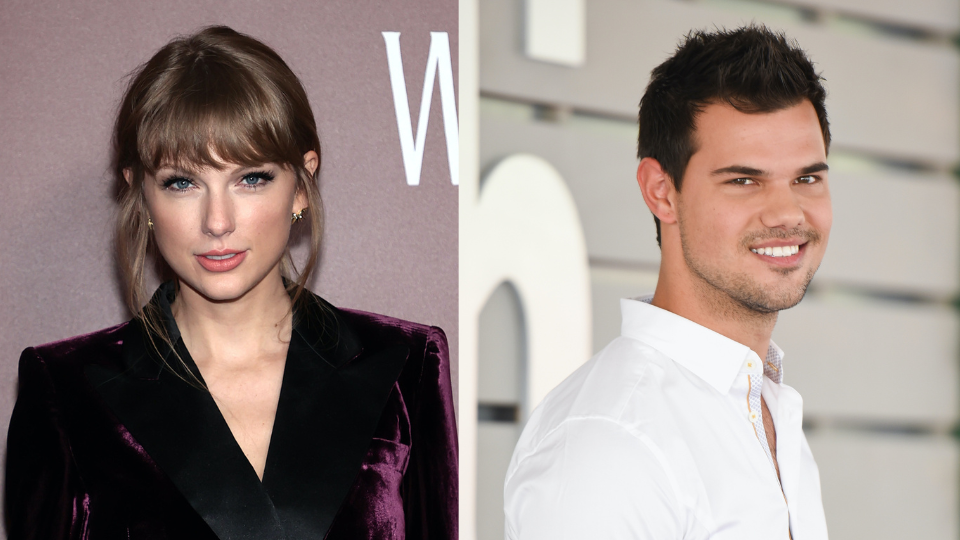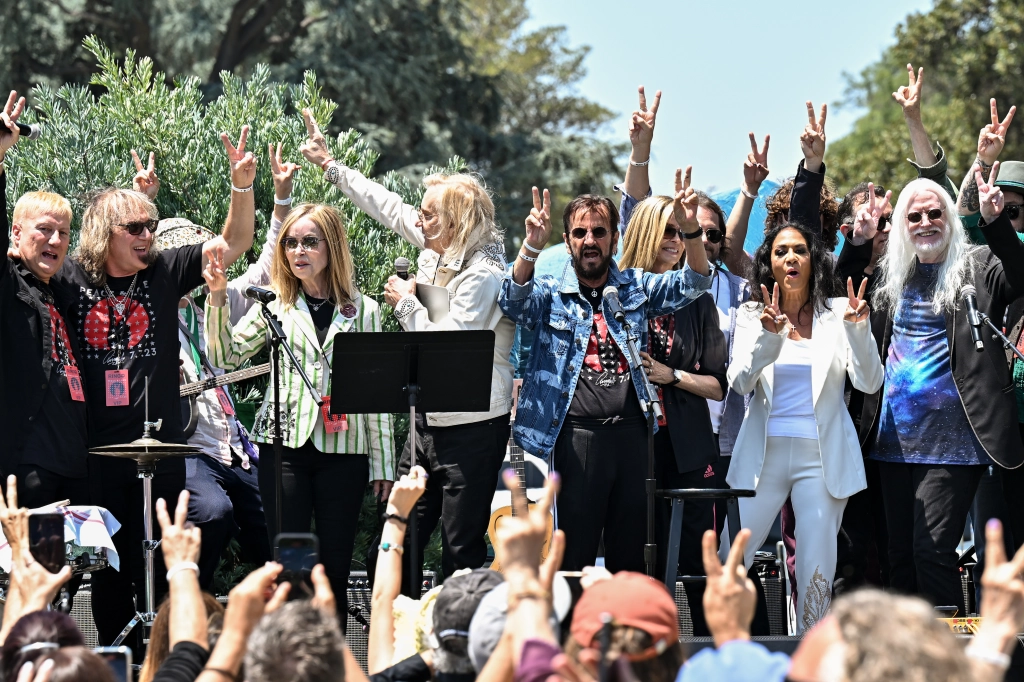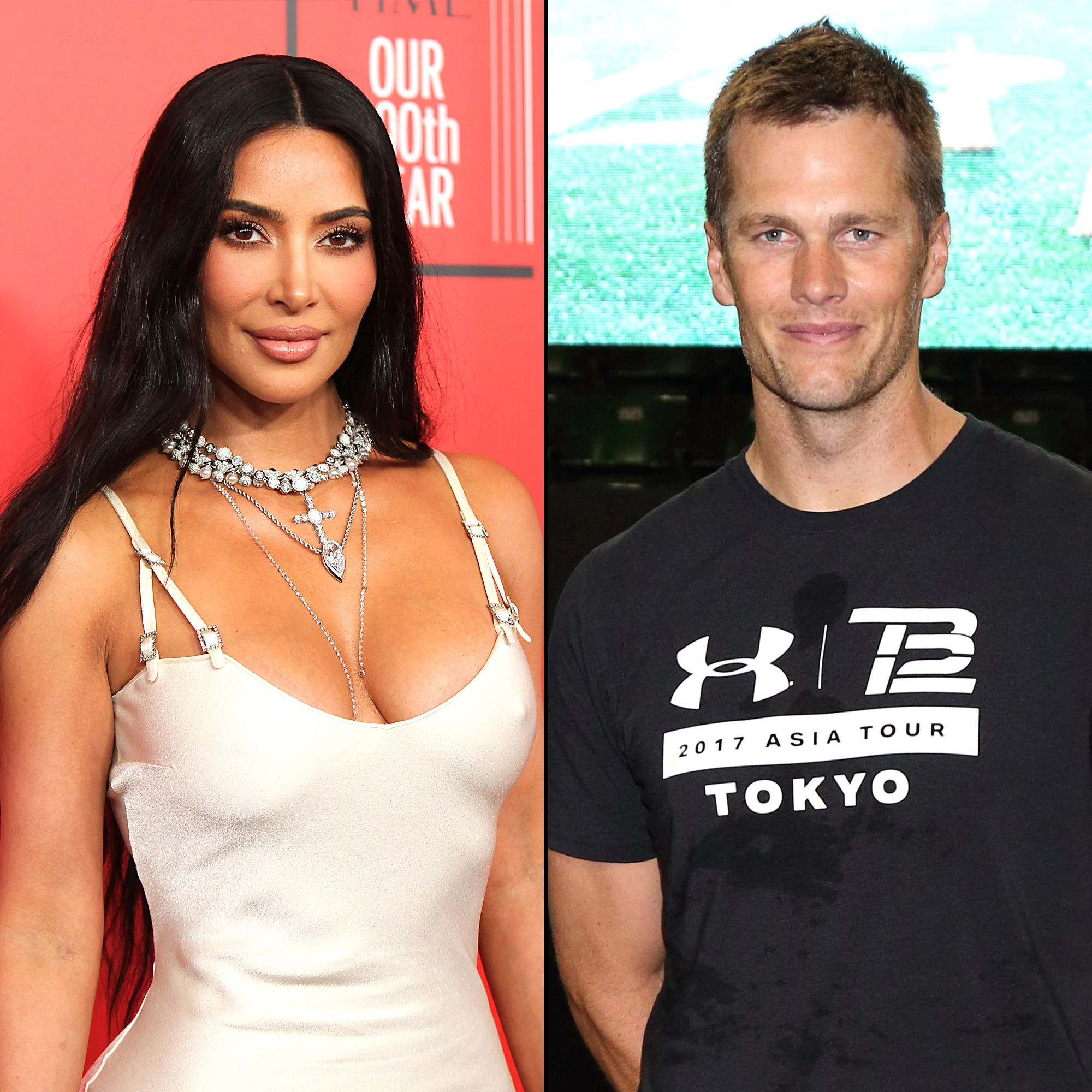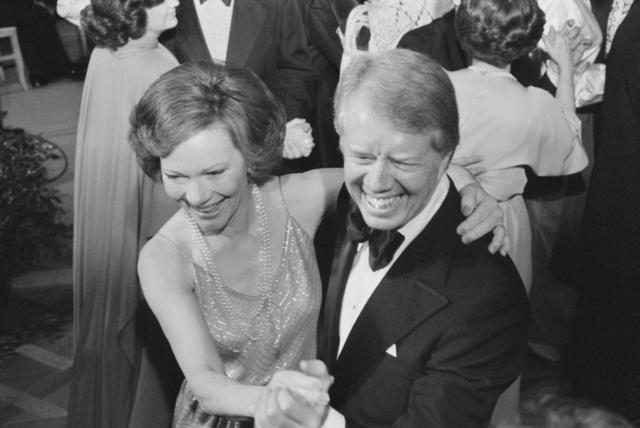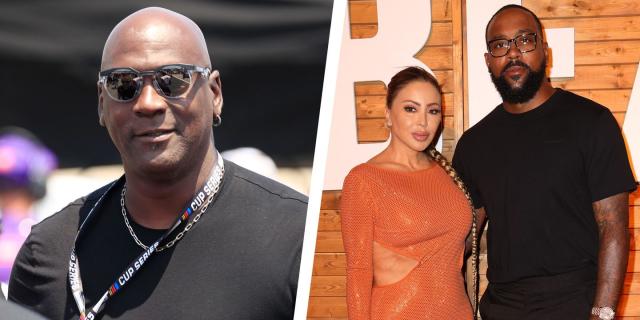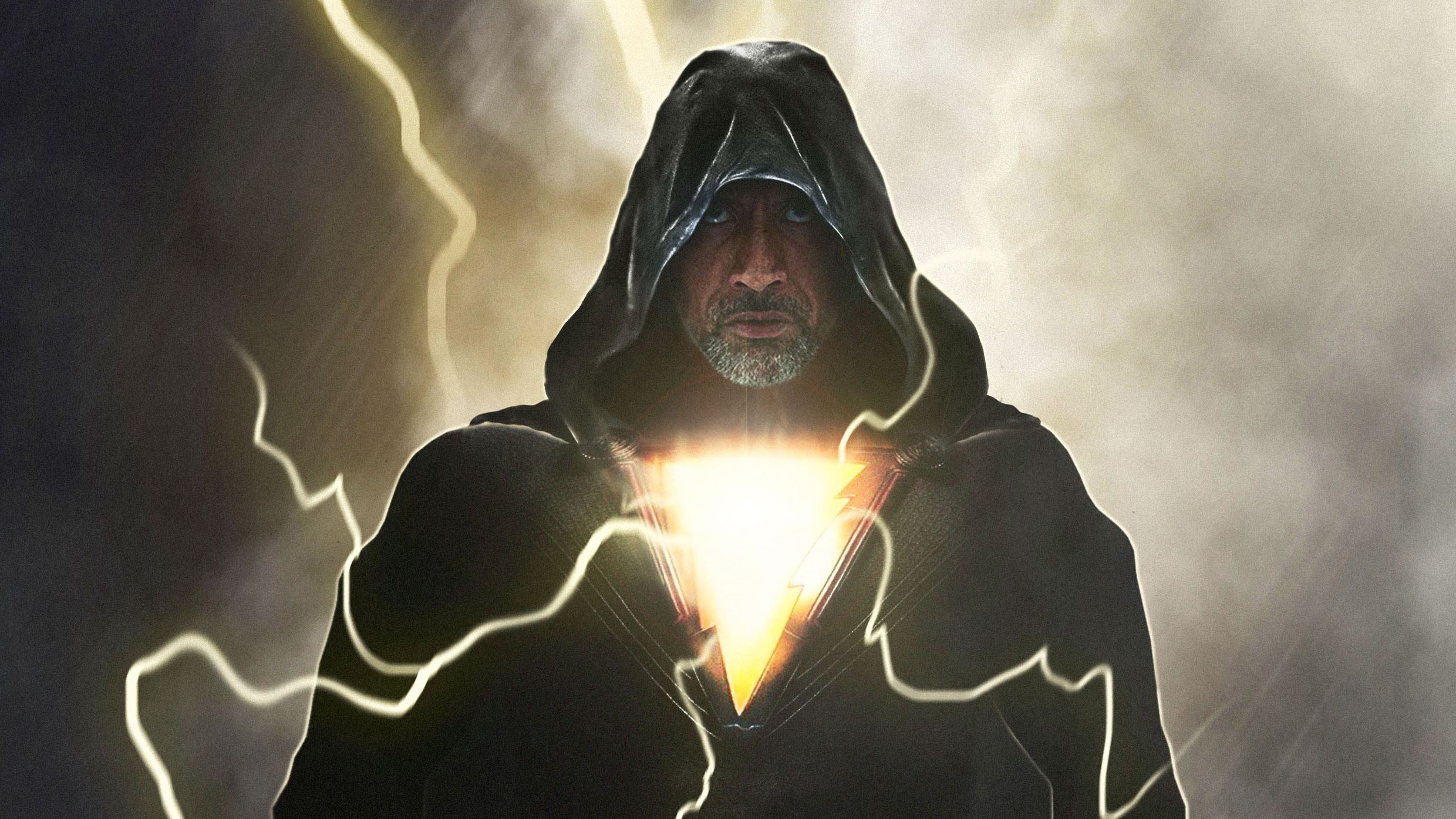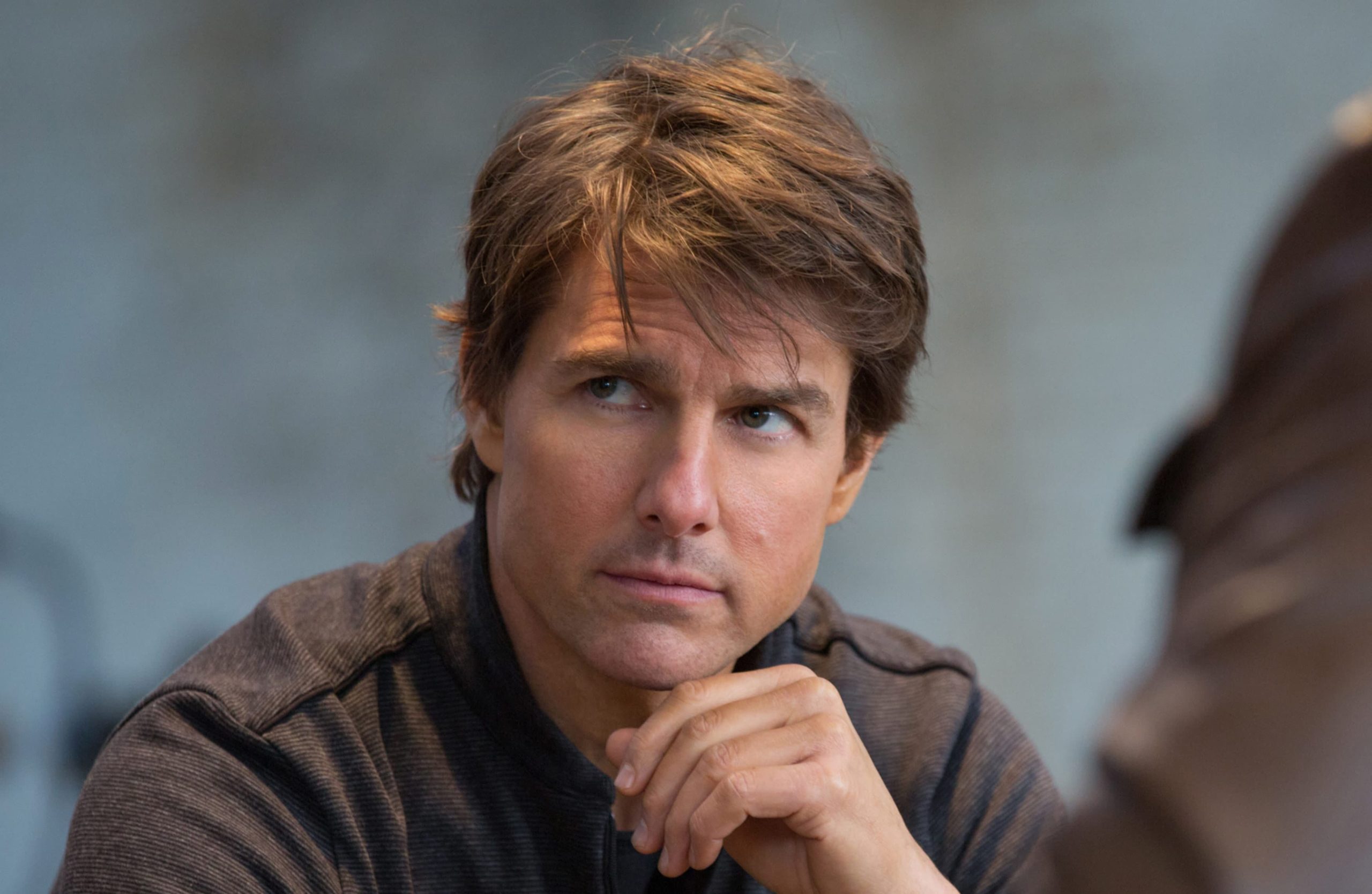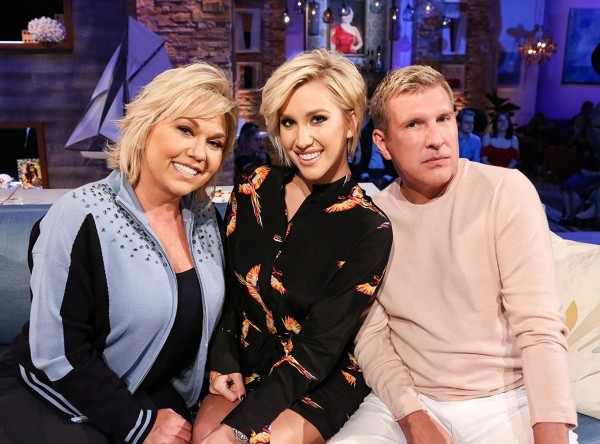Wendy Williams’ publicist, Shawn Zanotti, has come forward to denounce the recently released documentary “Where is Wendy Williams?” as exploitative and misrepresentative of the former talk show host, especially considering her ongoing health struggles with aphasia and dementia. In a recent interview with NBC News, Zanotti expressed her dismay over the documentary’s portrayal of Williams and emphasized her belief that Williams would be mortified by its content.
Zanotti revealed that Williams had initially believed the documentary would focus on her career comeback, but the end result was far from what she expected. According to Zanotti, the project failed to accurately represent the story that was pitched to Williams and ultimately deviated from its intended purpose. Instead of highlighting Williams’ achievements and resilience, the documentary seemed to focus on sensationalized aspects of her life, which Zanotti believes would deeply distress Williams.
Despite being featured in the documentary herself, Zanotti argued that it failed to capture many positive moments shared with Williams, choosing instead to emphasize more controversial aspects of their relationship. While acknowledging that there were challenging moments, Zanotti stressed that there were also moments of genuine connection and support between her and Williams, which were largely overlooked in the documentary.
The timing of the documentary’s release, just one day before Williams’ diagnoses of primary progressive aphasia and frontotemporal dementia were announced, further intensified the criticism against it. The revelation of Williams’ health conditions added another layer of complexity to the debate surrounding the documentary, with many questioning its ethical implications in light of her medical condition.
Social media users also joined the conversation, expressing concerns about the potential exploitation of Williams’ health struggles for entertainment purposes. Many echoed Zanotti’s sentiments, emphasizing the importance of respecting Williams’ privacy and autonomy, especially during such a challenging time in her life.
In response to the backlash, the filmmakers behind the documentary defended their project, stating that they were unaware of Williams’ diagnoses at the time of production. Mark Ford and Erica Hanson reiterated their commitment to portraying Williams’ story authentically and empathetically, despite the controversy surrounding the documentary’s release.
As discussions surrounding the documentary continue to unfold, it remains to be seen how Williams and her team will navigate the aftermath of its release and address the concerns raised by Zanotti and others. In the midst of Williams’ health battle, the need for sensitivity and compassion in media representation has never been more apparent, urging a reevaluation of the ethical boundaries in documentary filmmaking.








